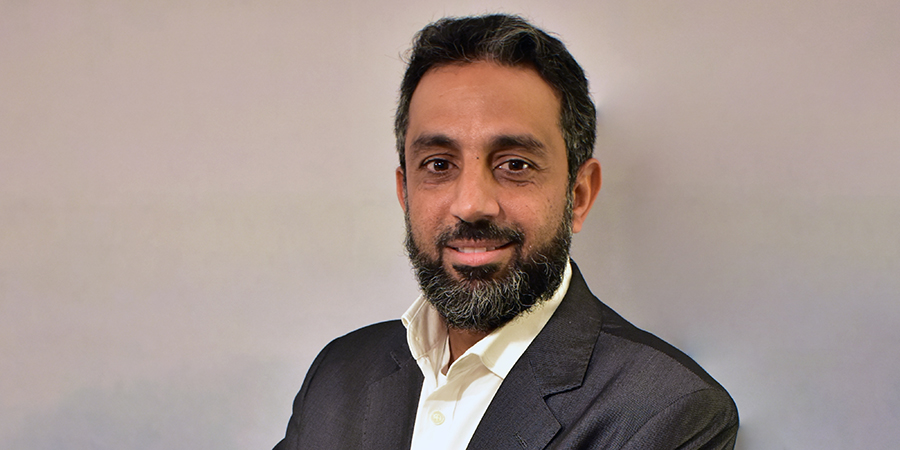In an exclusive interview with Telecom Review, Dr. Saoud Al Shoaili, director general, policies and governance in the ministry of transport and communication, Oman, talked about the significance and the impact on the country for the being the Arab digital capital for 2022. He also spoke about Oman’s digital transformation journey in its various aspects.
Muscat, the capital of Oman, was named the Arab digital capital for 2022. What is the significance of this and how could this impact the country's digital landscape?
After the Council of Arab ministers for communications opened the nominations for the Arab digital capital 2022 title, we presented Muscat’s file and we were the winners. Muscat, being an Arab digital capital, will help us to team up with different entities, from governments and private sectors, to move with digital transformation and implementing a sort of strategic coordination mechanism between the different entities to align efforts towards achieving national digital transformation objectives.
What are the biggest challenges in Oman's digital transformation process and how do you manage to respond to them and evolve?
There are several challenges and opportunities at the same time. Firstly, besides financial challenges created by the pandemic and economic recessions, we are facing cultural challenges. Digital transformation requires some “process re-engineering” which implies removing some authorities from the process. Digital transformation might merge some organizations together and at the same time, create a few others. The main challenge here would be having the decision-maker community accept this cultural change.
The second challenge is to align the different government services together. Since 2003, the government has made substantial efforts in establishing the digital government services. Today, we have various services being provided online and digitalized. However, those services are provided by entities working in silos from other entities and integration became quite difficult. Integrating them together and making those entities come in line to just provide that service is yet another challenge for us.
This year, His Majesty’s approval on the digital transformation plan and his blessing will give enough authority for the ministry to work for what is required and to re-engineer and assign who will be the process owner and who will be the process executer of any digital government service.
The ministry of transport and communication has developed national digital transformation plan under the umbrella of digital economy. One of the mechanisms we use is that we issued national cloud service policy in which we want all government entities to migrate to cloud. This migration will help us in integrating the services from different entities rather than ask the end user to move from one umbrella to another. We respond to this by making the right regulatory environment, by issuing laws and policies.
As a leader with vast experience, what constitutes effective governance and best practice for digital transformation in Oman?
When it comes to governance, we should define precisely the role of each individual and distribute authorities and responsibilities in a very clear vision as in some services, it is not clear who is responsible of what. We try to respond to that by developing the right laws, issue national policies, national guidelines to avoid the duplication of efforts. Thus, a particular task will be assigned to only a single entity. We have several laws in the ICT sector covering telecom, personal data potential, digital crime, etc. These laws support this environment because once we talk about digitalization, it’s not only about providing a service, but also protect the end user.
We would like to make sure that the user is accessing the services in a safe and protected way. We need to make sure that everyone is using this cyber environment in a safe and efficient manner.
In today's fast-paced digital economy, how would Oman's ICT environment transform with new technologies and opportunities in place?
Oman is embarking on a long chain development strategy known as Oman Vision 2040 blessed by His Majesty. In that strategy, they identified five key economic sectors which will play a huge role in the economic diversification. Within our ministry, we focused our efforts on those economic sectors and identified the key services they require.
An important pillar in the digital economy strategy developed by the ministry is to support all key sectors to digitize their services seeing that it covers digital infrastructure, digital citizens and also digital business.
We would like to benefit from the fast-paced digital transformation by encouraging other sectors.










